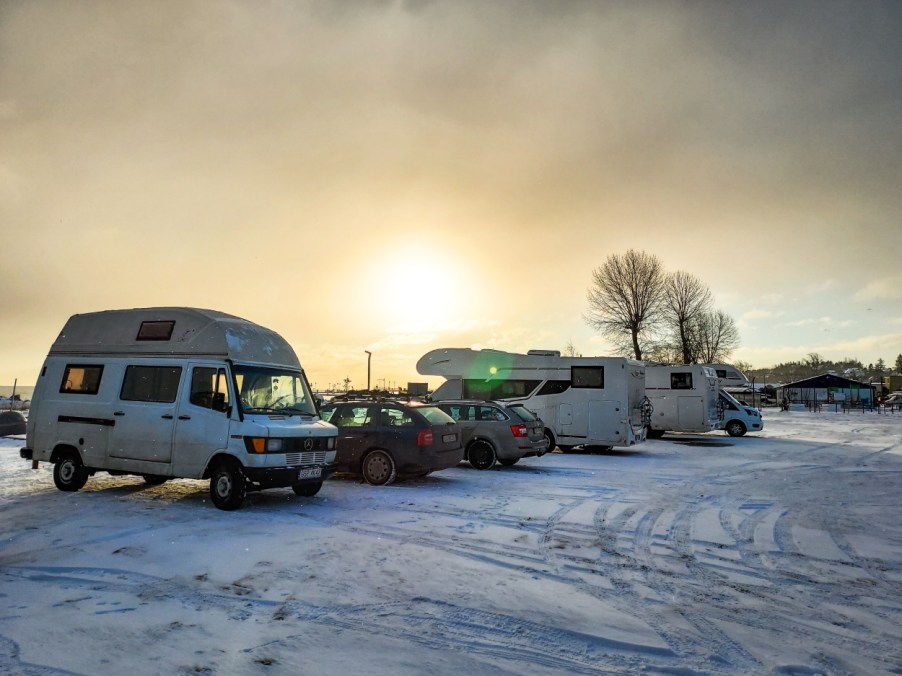
Is Living in Your RV Illegal?
The RV craze has continually ratcheted up over the following year. As the pandemic continues to claim lives and our ability to travel safely, RVs have become a symbol of freedom and safety in a time where so many of us feel that we are lacking in both. There a few barriers of entry to the RV/camper world that we are aware of, like the price and the ability to store such a craft. However, here is a factor you may not have considered, is living in your RV illegal?
Living in your RV might be illegal
Boondocker’s Bible has written a bit about this, and we are here to figure it out with you. Most folks intend to use their RVs or campers as a roving home on wheels. Clearly, this is these machines’ main appeal, yet some folks have chosen to live in an RV without ever leaving their property. This might be a problem in certain states or cities.

Depending on which state or even city you live in might answer the question, is living in your RV Illegal or not. Many larger cities have begun to crack down on enforcing ordinances to keep people from living in their RVs full-time within city limits. In many smaller towns and more rural counties, the rules for living in your RV aren’t nearly as strictly enforced or even a law at all.
Living in an RV or camper full time can get complicated
If you choose to live in your RV or camper full-time officially, your rig is considered a permanent residence which means it has to adhere to building codes and regulations. These vary from state to state and can even vary from country to county.
Most places will require the unit to have adequate heating or cooling depending on location, a septic system, sufficient ceiling and walls that keep you dry, no mold or mildew, and protection from bugs and rodents. Your RV or camper must also have windows that open and close, smoke alarms, and sometimes even carbon monoxide detectors. Eventually, a local building inspector will come by to make sure you’re in compliance with all city and county codes.
There are certainly some RVs and campers that adhere to most of these codes, but soft-side and conversion campers won’t likely have everything you need to comply with local laws.
Getting electricity is another hurdle
Most states will not allow a permanent residence to run a 120-volt power cable from one home or building to another for permanent use. This means, to legally live in your camper, even on your own land, you have to have a proper power hook-up that runs through an established conduit. And, of course, there are specific codes for how those connections must be made and maintained. Because electricity is such a dangerous part of the puzzle, hefty fines will likely incur if you do this part wrong.
Don’t let too many people crash with you
Is living in your RV illegal if there are too many people in it? Yep. There are also rules about how many people live in one dwelling. For most RVs having three or more people living in it is over the legal limit. According to Boondocker’s Bible, this rule typically only pertains to people who aren’t in your immediate family. However, having too many children in an RV might get you a visit from CPS.
It’s possible to live in your RV
The idea that living in your RV is a romantic and ideal nomadic lifestyle might be fun to fantasize about, but it is much more complicated than it seems. So, Is living in Your RV illegal? Yes and no. More times than not, the answer will be yes. Unless you are willing to go to extreme lengths to set up your own RV park, basically, your full-time RV life might be a life of crime.



